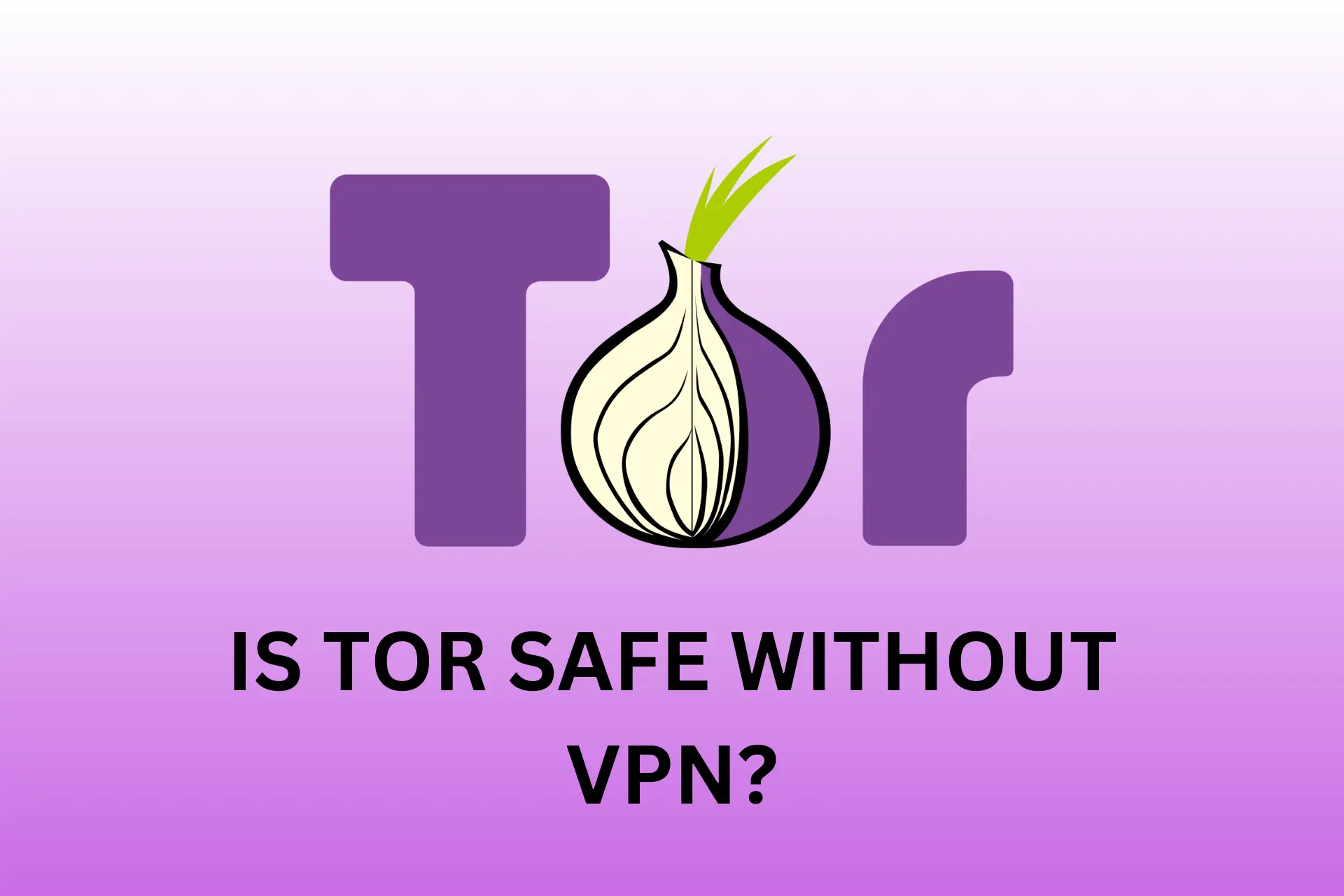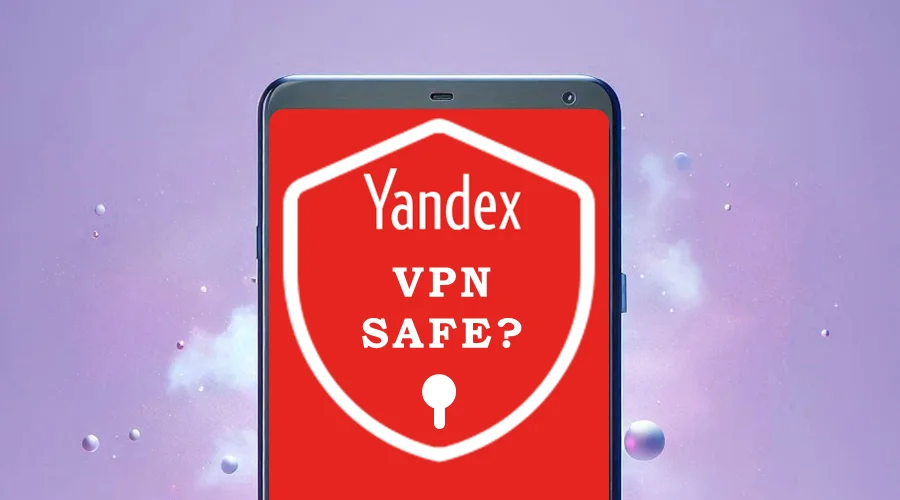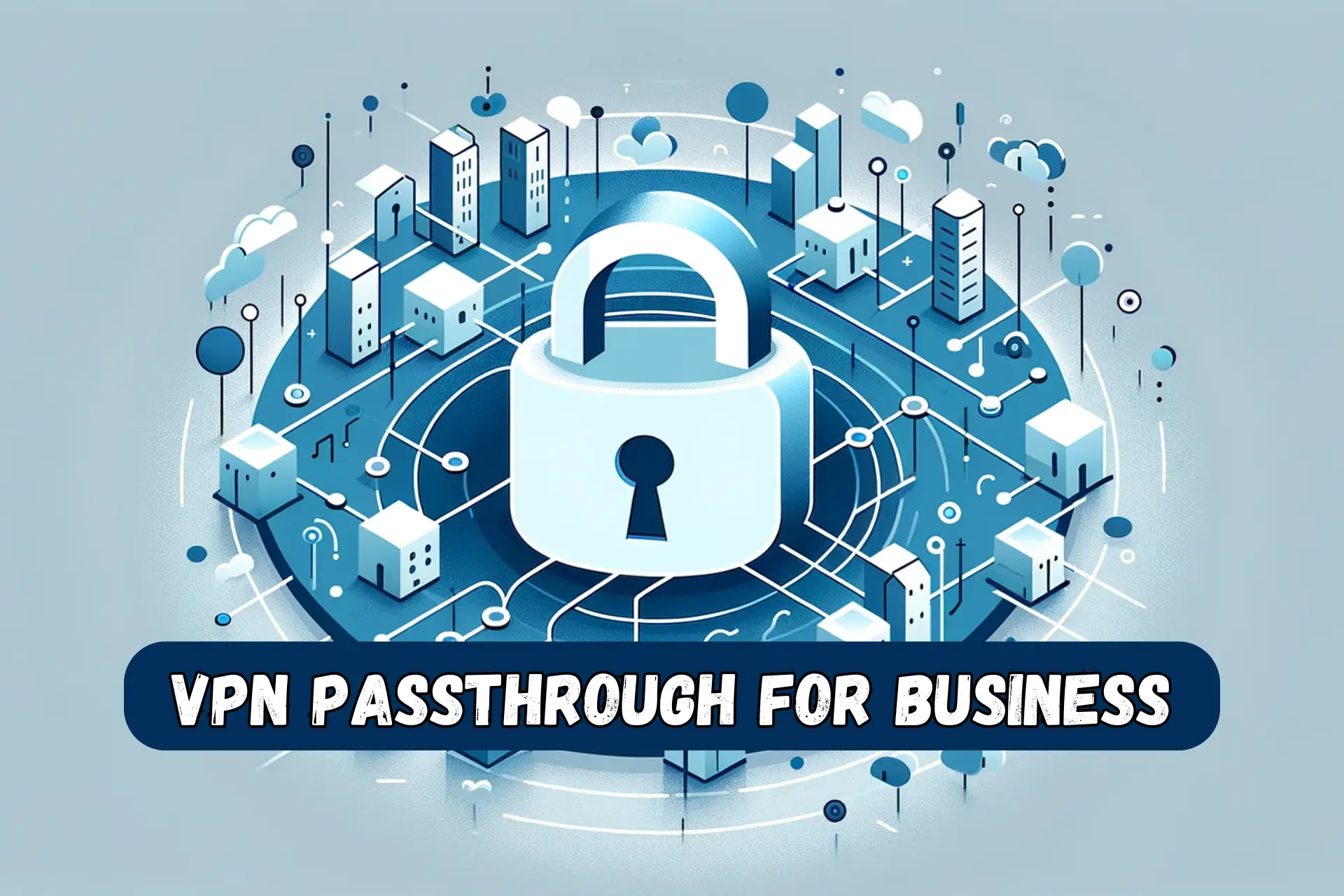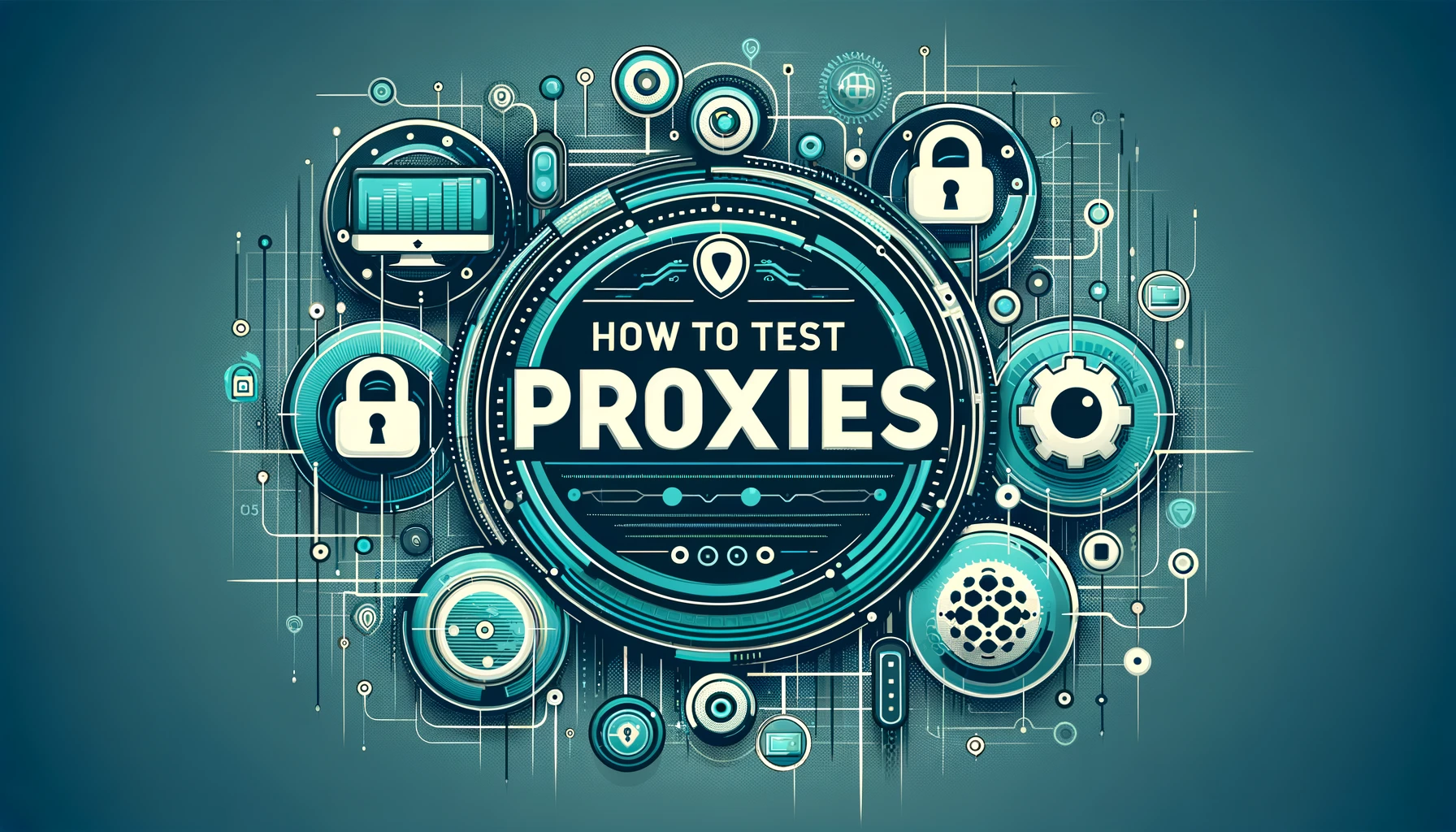Is Tor Safe Without VPN? [All You Need to Know]
8 min. read
Updated on
Read our disclosure page to find out how can you help VPNCentral sustain the editorial team Read more

So, you’ve heard of Tor, the network that keeps your online activities private. But did you know that the United States Navy originally developed the principle for Tor?
That’s right! It was created to protect government communications.
However, today, Tor is used by many people, including journalists, activists, whistleblowers, and even regular internet users who value their privacy.
Chances are that if you’ve heard of Tor, you’ve heard many recommending you use it with a VPN.
But here’s the burning question: Is Tor safe to use without a VPN? What would the point of using two privacy tools at the same time be?
Before we dive into that, let’s take a moment to understand what Tor actually is and how it works.
What is Tor?
Tor, short for The Onion Router, is free and open-source software that provides anonymous online communication.
It protects your privacy and lets you browse the web without revealing your identity or location.
The Tor network operates by routing internet traffic through a series of volunteer-run servers called “nodes” or “relays.”
When you use it, it first encrypts your data and passes through several relays before reaching its destination.
Moreover, the name “Onion Router” refers to the layers of encryption that are applied to the data as it passes through the network.
So, each relay in the network only knows the IP address of the previous and next relays, making it difficult to trace the origin or destination of the data.
Therefore, each decrypts one layer of encryption, uncovering the instructions for the next hop, until the final destination is reached.
This multi-layered encryption helps to protect the privacy and anonymity of Tor users.
What is a Tor node?
A Tor node, also known as a relay, is a server that participates in the Tor network.
Tor nodes work together to provide anonymity and privacy to Tor users by relaying data through a series of encrypted connections.
There are three types of Tor nodes:
1. Entry Node (also called a Guard Node)
When you connect to the Tor network, the first node that receives your data is an entry node.
The entry node identifies the user’s IP address but does not know the ultimate destination of the data.
Also, it adds a layer of encryption and passes the data to the next node in the network.
2. Middle Node
After the data leaves the entry node, it is passed through several middle nodes, also known as relay nodes.
Middle nodes receive the encrypted data, decrypt one layer of encryption, and then send it to the next node.
3. Exit Node
The data eventually reaches an exit node, which decrypts the final layer of encryption and sends it to its intended destination on the regular internet.
The exit node is aware of the destination IP address but does not know the original source of the data.
While entry and exit nodes have some visibility into the Tor traffic, they cannot correlate the source and destination of the data due to the multiple layers of encryption.
Only the user’s entry node knows their IP address, and the destination server does not know the user’s identity.
In other words, by the time you reach a webpage with Tor, there’s no way that webpage will know your actual IP address or any information directly related to you.
Tor nodes are operated by volunteers who contribute their resources to support the Tor network.
These volunteers can set up their own servers to act as relays, and they can choose to operate as entry, middle, or exit nodes, or a combination of these types.
However, Tor can significantly reduce your internet speed because your data has to pass through multiple servers worldwide before reaching its destination.
This can affect your overall browsing experience and make certain online tasks more difficult or even impossible.
Is Tor safe without a VPN?
While it’s really hard for anyone to figure out who a particular Tor user is, using it without a VPN is not completely safe.
Here’s why.
⚪ The operators of Tor exit nodes can see and potentially tamper with your unencrypted data.
This means they can monitor your browsing activity, inject malicious software, or redirect you to fake websites.
In fact, according to a report, about 23% of the total exit capacity within the Tor network is controlled by malicious actors.
This implies that roughly one in every four connections leaving the Tor network passes through exit relays managed by a single attacker, which is significantly high risk.
For instance, in October 2020, Torproject noticed a weird pattern in their relay graphs which was later attributed to a KAX17’s malicious operator.
This relay overall Tor network visibility would allow them to de-anonymize Tor users.
⚪ Also, your internet service provider (ISP) can detect that you’re using Tor, which might raise suspicion or attract unwanted attention.
Plus, some ISPs may even block or slow down Tor traffic.
⚪ Additionally, some websites may block or restrict access for Tor users because they associate Tor with malicious or illegal activities.
For instance, some streaming services, online games, or e-commerce platforms may not function properly when accessed through Tor.
Using a VPN with Tor can help mitigate these issues.
Tor vs VPN
Tor and VPNs are both tools that can boost online privacy and security, but they work in different ways.
While the former hides users’ IP addresses by bouncing their traffic through three node stages, the latter protects users’ data, identity, and locations by encrypting their connections.
Here’s a table comparing Tor and VPN.
| Tor | VPN | |
| Function | Anonymizing network | Encrypted tunnel for Internet traffic |
| Operation | Routes internet traffic through a series of volunteer-operated relays | Establishes a secure connection between your device and a remote server |
| Anonymity | High level of anonymity | High level of anonymity |
| Encryption | End-to-end encryption for specific parts of the network | Encrypts internet traffic between your device and the VPN server |
| Speed | Can be slower due to multiple routing and encryption layers | Generally faster due to dedicated servers and optimized connections |
| Accessibility | Some websites may block or limit access to Tor users | Allows access to restricted websites and bypasses censorship |
| Usage | Commonly used for anonymous web browsing and accessing the dark web | Popular for remote work, accessing geo-restricted content, and securing public WiFi connections |
| Setup Complexity | Relatively easy with the Tor browser | Usually requires installing VPN software and configuring settings |
| Cost | Free to use | Cost may be involved for premium VPN services |
Overall, Tor and VPNs have different use cases and offer varying levels of functions.
But you can also use them together for an added layer of privacy and security.
Ultimately, the choice between Tor and VPN depends on your specific needs and threat model.
Should you use Tor with a VPN?
The Tor network, known for its ability to anonymize internet traffic, already offers high anonymity.
But is Tor safe without VPN? Not completely!
Combining Tor with a VPN can further enhance security by encrypting data before it enters the Tor network.
However, using a VPN can potentially slow down your connection speed, and certain VPNs may not be compatible with Tor.
Ultimately, using Tor with a VPN depends on your specific needs.
➡️ For instance, if you want to access the dark web, which is a hidden part of the internet that hosts websites with the .onion domain, you need to use Tor.
VPNs cannot access these sites.
➡️ On the other hand, if you want to bypass geo-restrictions and access streaming services like Netflix or Hulu from another country, you need to use a VPN.
Tor is unreliable for this purpose, as it is much slower than a VPN and does not guarantee that you will get an exit node in the country you want.
➡️ In the middle ground, if you don’t want your ISP to detect that you’re using Tor and want the exit node of your Tor’s network encrypted, you should use it with a VPN.
The combination of the two will grant better freedom and privacy overall.
If you plan to access the Dark Web using the Tor browser, combining a VPN with it will protect your identity and information from malicious actors on those unregulated sites.
FAQs
It is theoretically possible for someone to track you through Tor, especially if they control a significant portion of the network’s nodes.
However, in practice, tracking a specific individual through Tor is extremely difficult, and requires significant resources and expertise.
Tor is generally considered safe for browsing the internet anonymously. However, it’s important to note that Tor alone does not provide complete security.
It primarily focuses on anonymity and privacy but does not protect against malware, malicious websites, or other security threats.
Therefore, it’s crucial to follow additional safety measures to ensure overall online security.
No, the Dark web is notorious for illegal activities, and malicious actors can potentially exploit vulnerabilities or track users. Using a VPN when accessing the Dark web is generally recommended for added security and privacy.
It is important to follow these guidelines to stay safe on Tor:
1. Keep Tor up to date.
2. Avoid enabling browser plugins like Flash or Java that can compromise your anonymity and expose your identity.
3. Be cautious about the websites you visit, and avoid clicking on suspicious links or downloading files from untrusted sources.
4. Avoid revealing personal information.
5. Use HTTPS whenever possible.
Don’t disable Tor’s security features.







